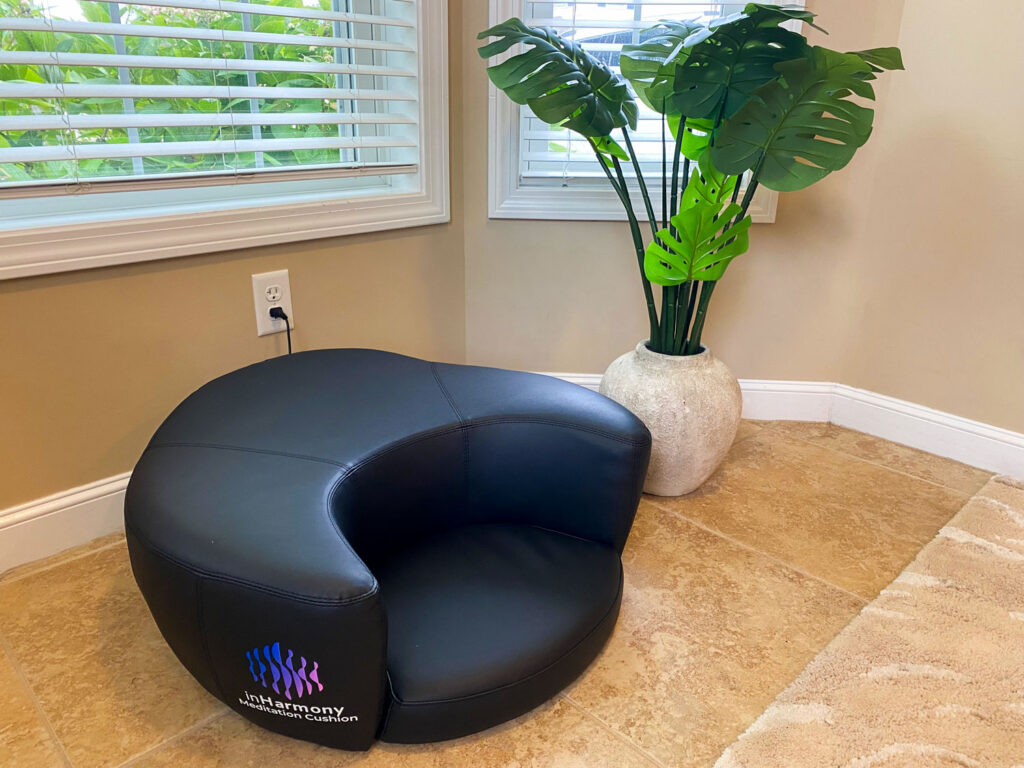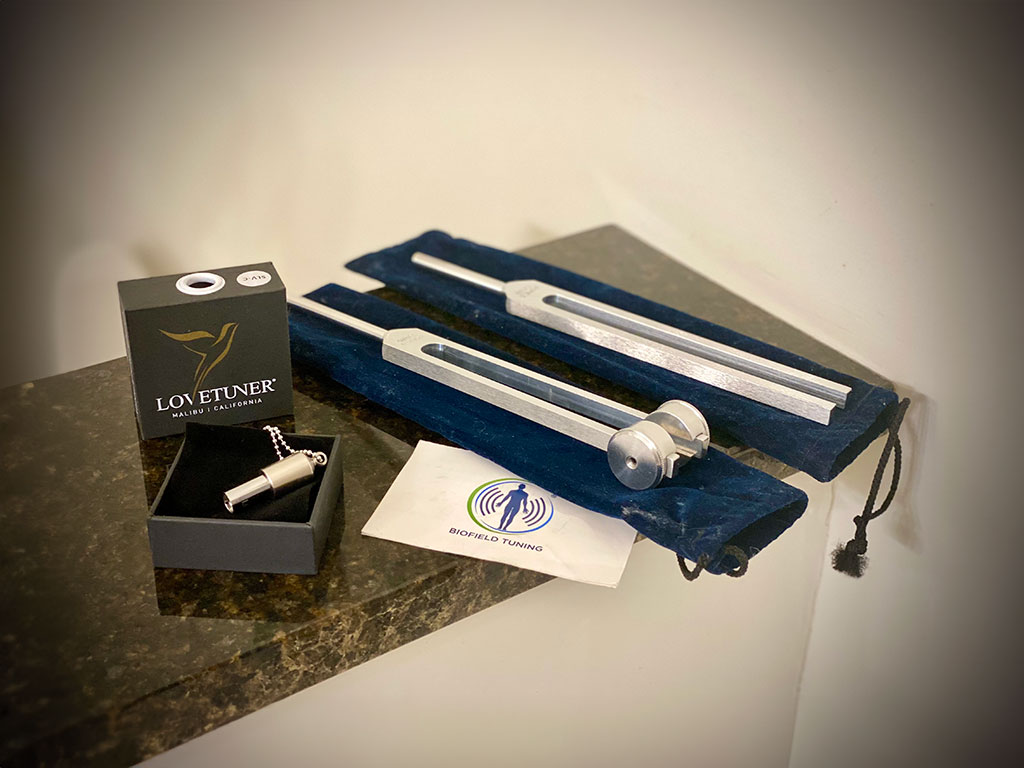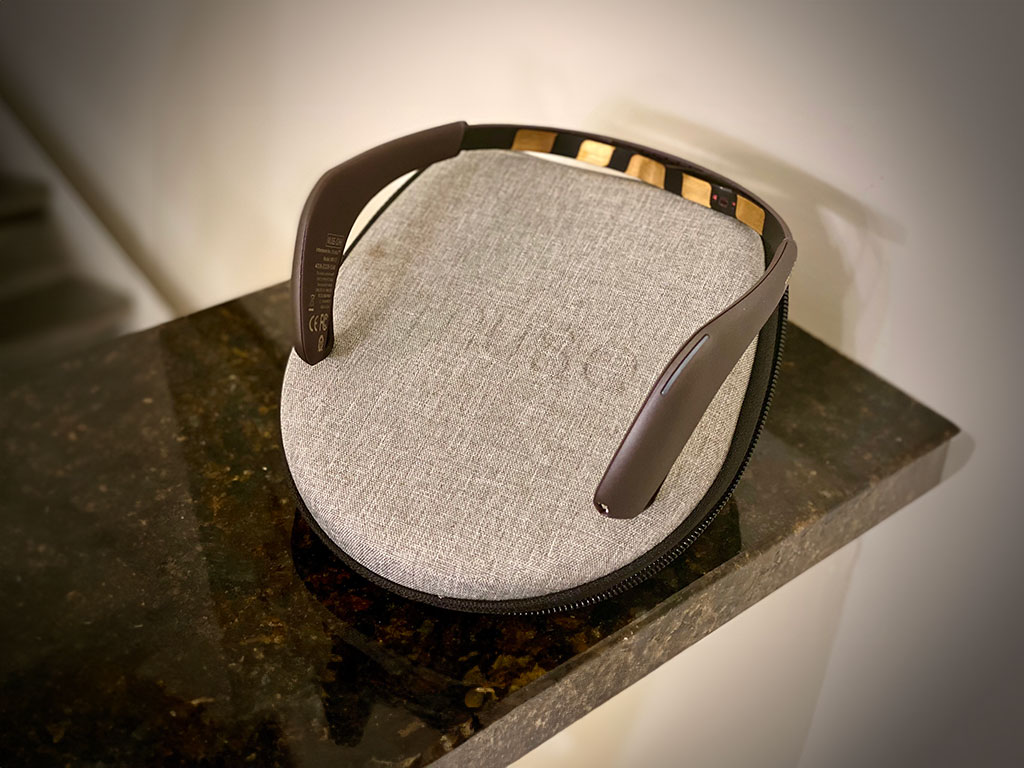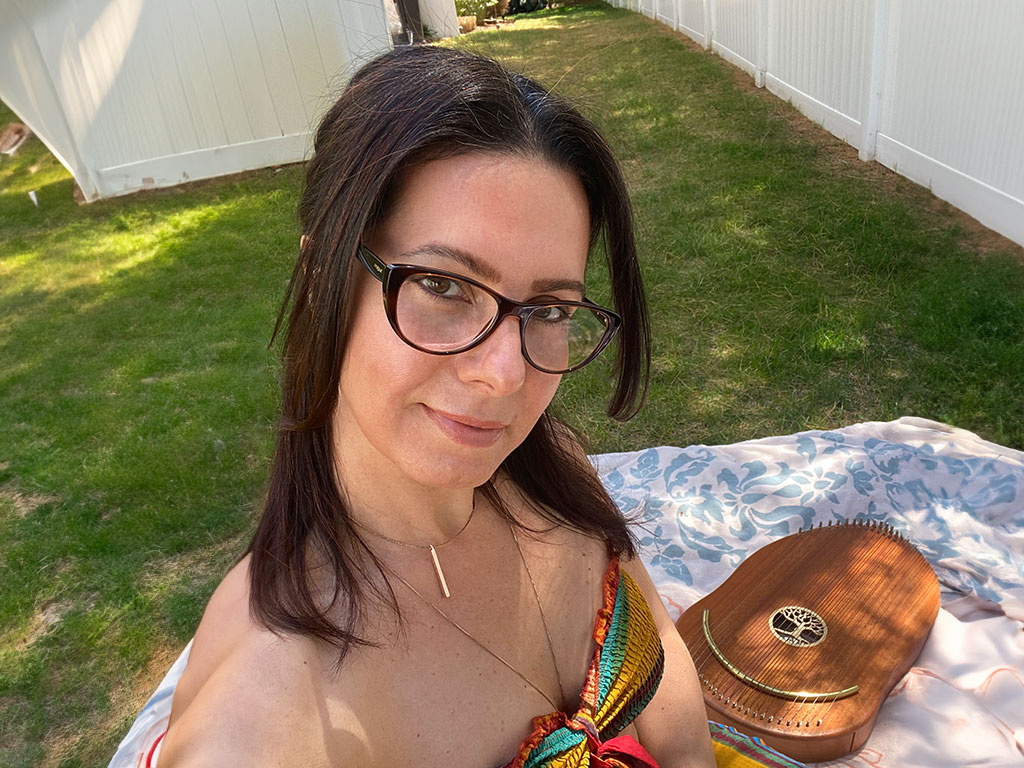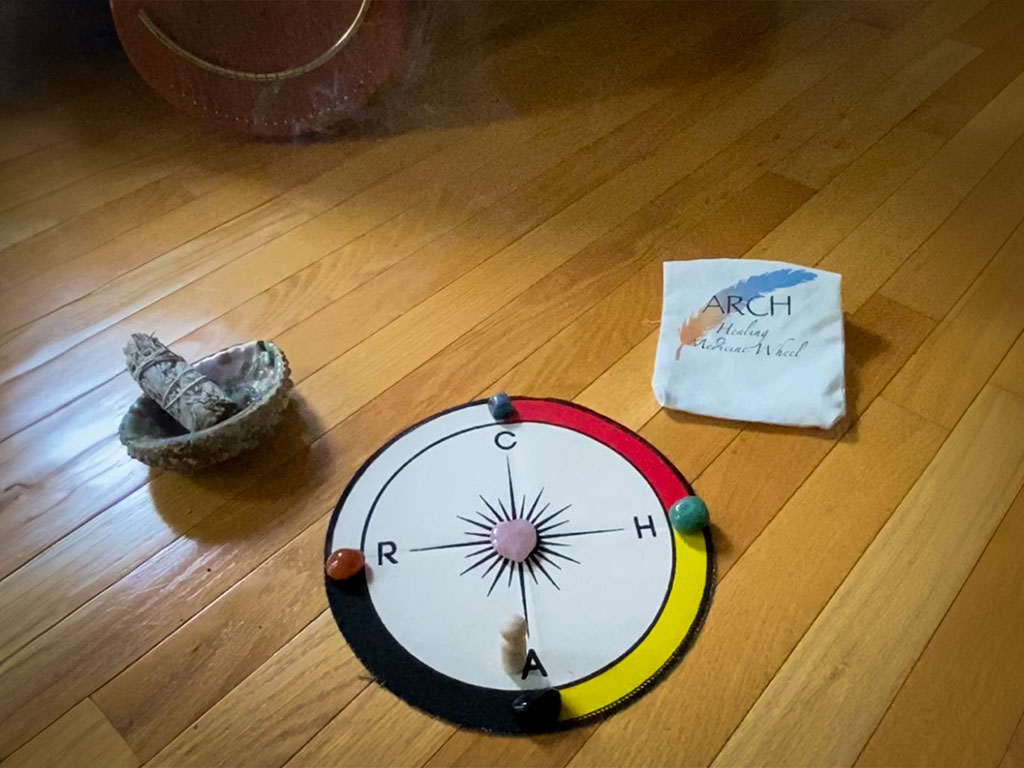By Giovana Lippi, LMHC
There is a quiet but catastrophic shift taking place in modern parenting — a transformation so subtle and pervasive that many do not see it until it is too late. It wears the mask of progress, cloaked in the language of rights, freedom, and autonomy. But beneath that noble exterior lies a dangerous erosion: the death of parental authority.
Children are being raised in a culture that preaches empowerment while absolving them of responsibility. They are given access to boundless freedom — digital independence, emotional entitlement, the right to privacy — yet are shielded from the natural consequences of their choices. A phone becomes a sovereign domain, off-limits even to the caregivers responsible for their safety. Discipline is reframed as control. Caution is labeled as oppression. Love is mistaken for intrusion.
And in this confusing landscape, many parents stand helpless — watching their children drift, often into the arms of peers who exploit their innocence, or into emotional entanglements far too heavy for their developing minds to carry.
The Disappearance of Boundaries
One recent moment captured this reality all too clearly: the night before a child’s trip, their closest friends destroyed what they cherished most — a prized possession that symbolized independence and identity. They borrowed expensive items and claimed to have lost them. And yet, the child defended these same peers, unable to see betrayal for what it was.
Why? Because this generation is being taught to trust peers more than parents, to interpret guidance as restriction, and to equate unconditional freedom with love. The more a parent tries to set boundaries, the more resistance they encounter — often intensified by systems that treat reasonable limits as offenses against autonomy.
When the Parent Becomes the Enemy
Another night, another crisis. A friend in emotional distress. A trip to the emergency room. And the child, loyal and overwhelmed, stayed on a video call through the night — absorbing pain they were never meant to carry. When a parent gently suggested rest, they were met with defiance, disbelief, and accusations of being too rigid. The world has rewritten the rules: parents are not guardians of wisdom, but obstacles to self-expression.
What these children — and many adults — fail to recognize is that they are not simply asserting independence. They are drowning in emotional overload, gasping for stability in a world that glorifies unfiltered expression but neglects emotional maturity. They carry the weight of adult realities without the tools to process them. And parents, stripped of the authority to intervene meaningfully, are left watching from the shore as the tide rises.
A Culture of Autonomy Without Anchoring
This is not merely a behavioral problem. It is a systemic failure — a cultural shift that teaches children that their feelings define truth, that their desires outweigh all else, and that their caretakers exist merely to enable their preferences. Personal identity becomes a performance of emotional spontaneity, not a journey of grounded discovery. Even the sacred role of parenting is often reduced to an advisory position — one that can be overruled at any time.
Where once parents had the moral and legal authority to protect, teach, and correct, they now risk censure or legal consequence for doing so. Remove a phone? Risk rebellion. Set a curfew? Invite accusation. Ask a question that challenges a belief? Be labeled oppressive.
This is the heartbreaking paradox: caregivers are tasked with protecting their children from harm while being denied the authority to set boundaries that might actually prevent it.
What Are We Building?
We must pause and ask: What kind of future are we preparing for this generation?
When children are raised to believe that their rights exist independently of responsibilities, that emotions always outrank logic, and that self-expression is the ultimate virtue — what kind of adults will they become?
What happens when they reach adulthood with no tolerance for discomfort, no reverence for wisdom, and no understanding of boundaries — having mistaken empowerment for entitlement?
What happens when the societal contract that once honored the parent-child bond is replaced by a model where parents are subject to judgment, suspicion, or punishment for doing the very thing they are biologically and morally called to do?
A Plea for Balance and Restoration
This reflection is not a condemnation of children, nor a rejection of progress. It is a call for balance. A plea to restore the vital tension between freedom and responsibility, autonomy and accountability, rights and respect. True empowerment does not emerge from limitless liberty — it is born from structure, love, wisdom, and earned trust.
To nurture emotionally resilient and ethically grounded individuals, we must return to honoring the sacred role of parental guidance. We must resist the cultural tide that seeks to fragment families in the name of false autonomy. And we must reclaim the truth: that healthy children do not fear boundaries — they are freed by them.
This is not just my story. It is the quiet tragedy of a generation.
Let it not go unspoken.

